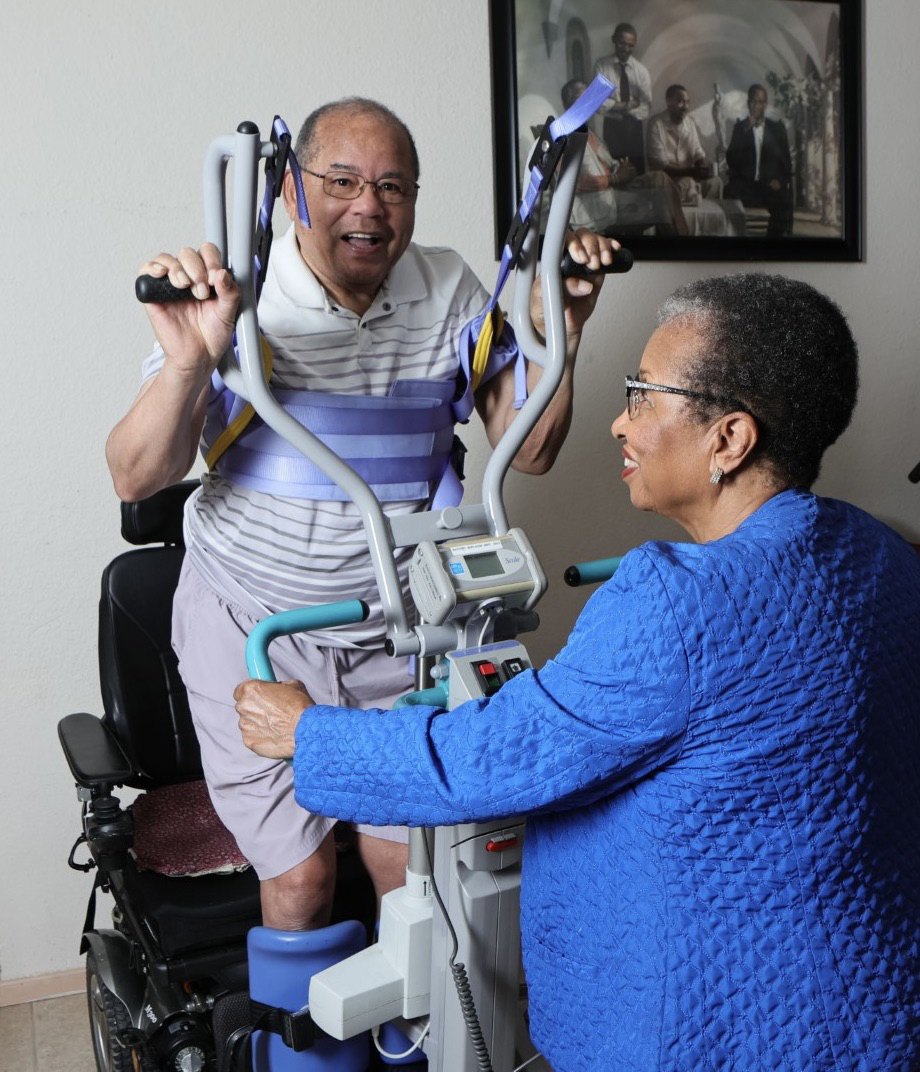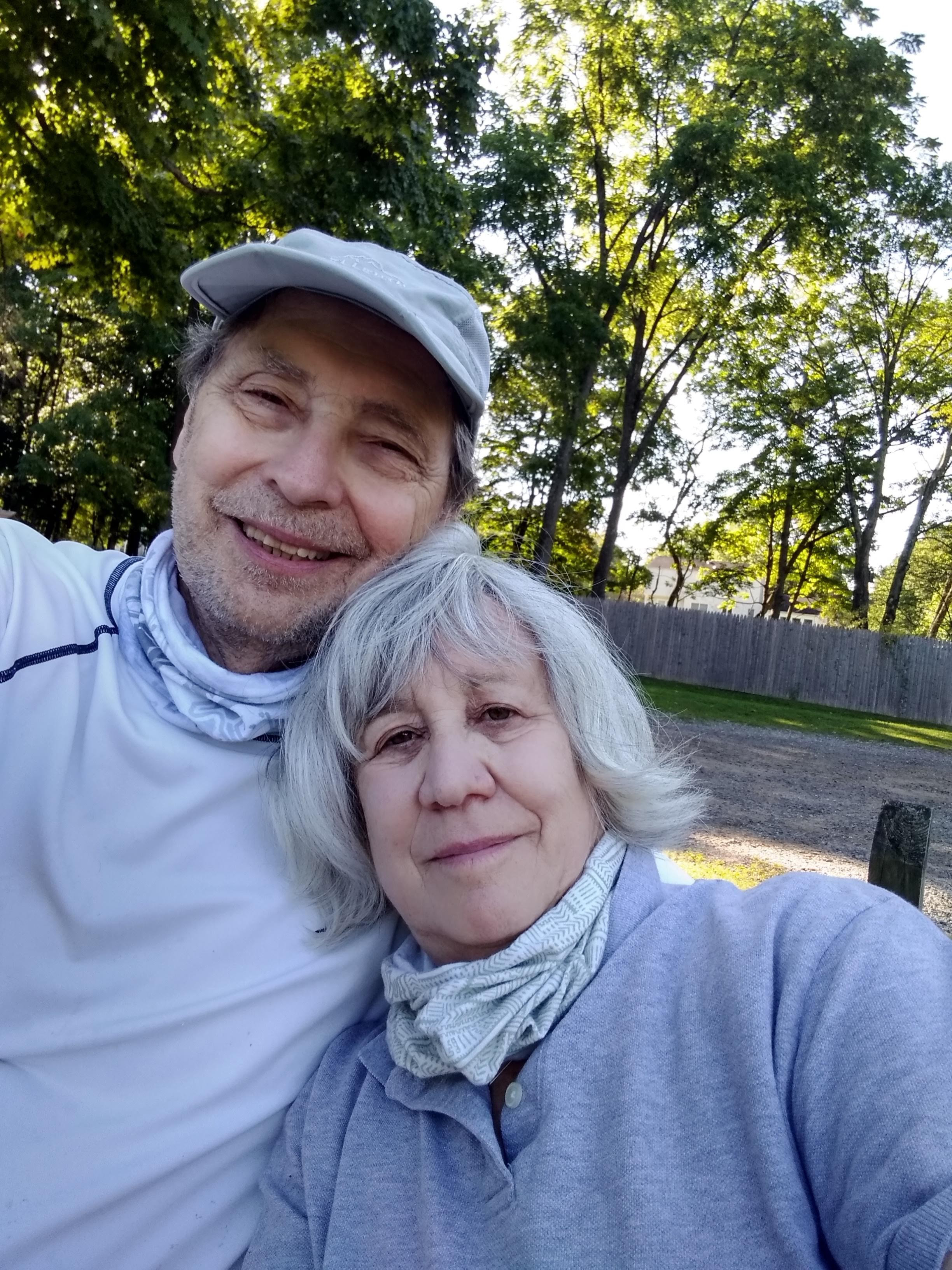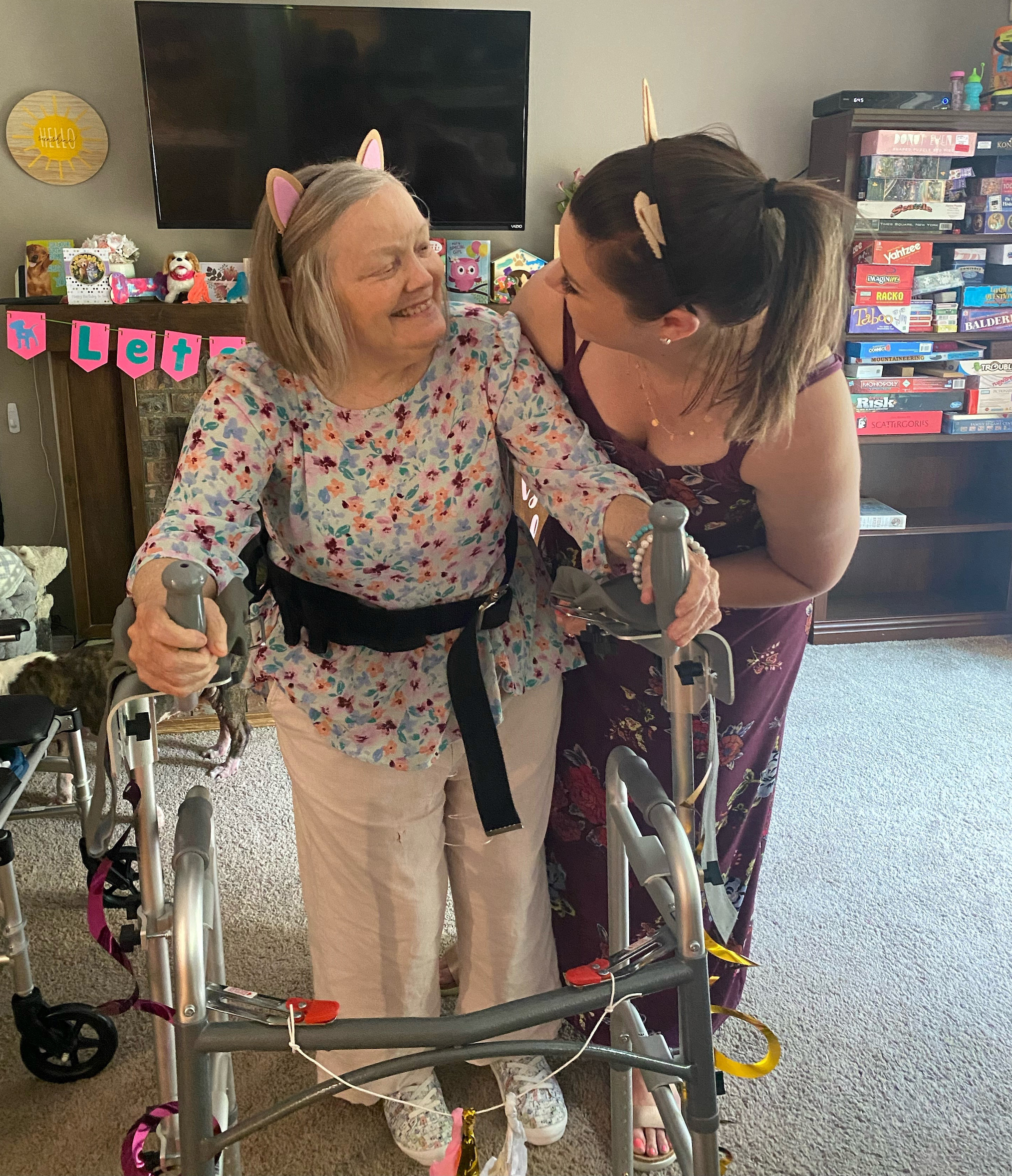Even with extensive caregiving experience, Patti LaFleur was unprepared for the crisis that hit in April 2021, when her mother, Linda LaTurner, fell out of a chair and broke her hip.
LaTurner, 71, had been diagnosed with early-onset dementia seven years before. For two years, she’d been living with LaFleur, who managed insulin injections for her mother’s Type 1 diabetes, helped her shower and dress, dealt with her incontinence, and made sure she was eating well.
In the hospital after her mother’s hip replacement, LaFleur was told her mother would never walk again. When LaTurner came home, two emergency medical technicians brought her on a stretcher into the living room, put her on the bed LaFleur had set up, and wished LaFleur well.
That was the extent of help LaFleur received upon her mother’s discharge.
She didn’t know how to change her mother’s diapers or dress her since at that point LaTurner could barely move. She didn’t know how to turn her mother, who was spending all day in bed, to avoid bedsores. Even after an occupational therapist visited several days later, LaFleur continued to face caretaking tasks she wasn’t sure how to handle.
“It’s already extremely challenging to be a caregiver for someone living with dementia. The lack of training in how to care for my mother just made an impossible job even more impossible,” said LaFleur, who lives in Auburn, Washington, a Seattle suburb. Her mother passed away in March 2022.
A new proposal from the Centers for Medicare & Medicaid Services addresses this often-lamented failure to support family, friends, and neighbors who care for frail, ill, and disabled older adults. For the first time, it would authorize Medicare payments to health care professionals to train informal caregivers who manage medications, assist loved ones with activities such as toileting and dressing, and oversee the use of medical equipment.
The proposal, which covers both individual and group training, is a long-overdue recognition of the role informal caregivers — also known as family caregivers — play in protecting the health and well-being of older adults. About 42 million Americans provided unpaid care to people 50 and older in 2020, according to a much-cited report.
“We know from our research that nearly 6 in 10 family caregivers assist with medical and nursing tasks such as injections, tube feedings, and changing catheters,” said Jason Resendez, president and CEO of the National Alliance for Caregiving. But fewer than 30% of caregivers have conversations with health professionals about how to help loved ones, he said.
Even fewer caregivers for older adults — only 7% — report receiving training related to tasks they perform, according to a June 2019 report in JAMA Internal Medicine.

Nancy LeaMond, chief advocacy and engagement officer for AARP, experienced this gap firsthand when she spent six years at home caring for her husband, who had amyotrophic lateral sclerosis, a neurological condition also known as Lou Gehrig’s disease. Although she hired health aides, they weren’t certified to operate the feeding tube her husband needed at the end of his life and couldn’t show LeaMond how to use it. Instead, she and her sons turned to the internet and trained themselves by watching videos.
“Until very recently, there’s been very little attention to the role of family caregivers and the need to support caregivers so they can be an effective part of the health delivery system,” she told me.
Several details of CMS’ proposal have yet to be finalized. Notably, CMS has asked for public comments on who should be considered a family caregiver for the purposes of training and how often training should be delivered.
(If you’d like to let CMS know what you think about its caregiving training proposal, you can comment on the CMS site until 5 p.m. ET on Sept. 11. The expectation is that Medicare will start paying for caregiver training next year, and caregivers should start asking for it then.)
Advocates said they favor a broad definition of caregiver. Since often several people perform these tasks, training should be available to more than one person, Resendez suggested. And since people are sometimes reimbursed by family members for their assistance, being unpaid shouldn’t be a requirement, suggested Anne Tumlinson, founder and chief executive officer of ATI Advisory, a consulting firm in aging and disability policy.
As for the frequency of training, a one-size-fits-all approach isn’t appropriate given the varied needs of older adults and the varied skills of people who assist them, said Sharmila Sandhu, vice president of regulatory affairs at the American Occupational Therapy Association. Some caregivers may need a single session when a loved one is discharged from a hospital or a rehabilitation facility. Others may need ongoing training as conditions such as heart failure or dementia progress and new complications occur, said Kim Karr, who manages payment policy for AOTA.
When possible, training should be delivered in a person’s home rather than at a health care institution, suggested Donna Benton, director of the University of Southern California’s Family Caregiver Support Center and the Los Angeles Caregiver Resource Center. All too often, recommendations that caregivers get from health professionals aren’t easy to implement at home and need to be adjusted, she noted.

Nancy Gross, 72, of Mendham, New Jersey, experienced this when her husband, Jim Kotcho, 77, received a stem cell transplant for leukemia in May 2015. Once Kotcho came home, Gross was responsible for flushing the port that had been implanted in his chest, administering medications through that site, and making sure all the equipment she was using was sterile.
Although a visiting nurse came out and offered education, it wasn’t adequate for the challenges Gross confronted. “I’m not prone to crying, but when you think your loved one’s life is in your hands and you don’t know what to do, that’s unbelievably stressful,” she told me.
For her part, Cheryl Brown, 79, of San Bernardino, California — a caregiver for her husband, Hardy Brown Sr., 80, since he was diagnosed with ALS in 2002 — is skeptical about paying professionals for training. At the time of his diagnosis, doctors gave Hardy five years, at most, to live. But he didn’t accept that prognosis and ended up defying expectations.
Today, Hardy’s mind is fully intact, and he can move his hands and his arms but not the rest of his body. Looking after him is a full-time job for Cheryl, who is also chair of the executive committee of California’s Commission on Aging and a former member of the California State Assembly. She said hiring paid help isn’t an option, given the expense.
And that’s what irritates Cheryl about Medicare’s training proposal. “What I need is someone who can come into my home and help me,” she told me. “I don’t see how someone like me, who’s been doing this a very long time, would benefit from this. We caregivers do all the work, and the professionals get the money? That makes no sense to me.”
We’re eager to hear from readers about questions you’d like answered, problems you’ve been having with your care, and advice you need in dealing with the health care system. Visit kffhealthnews.org/columnists to submit your requests or tips.







